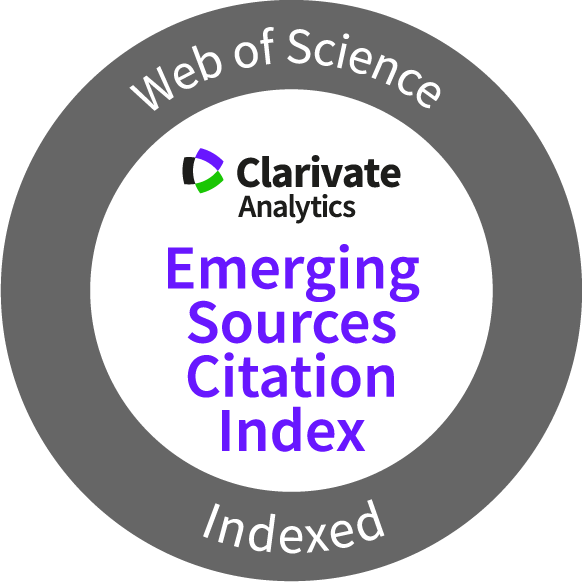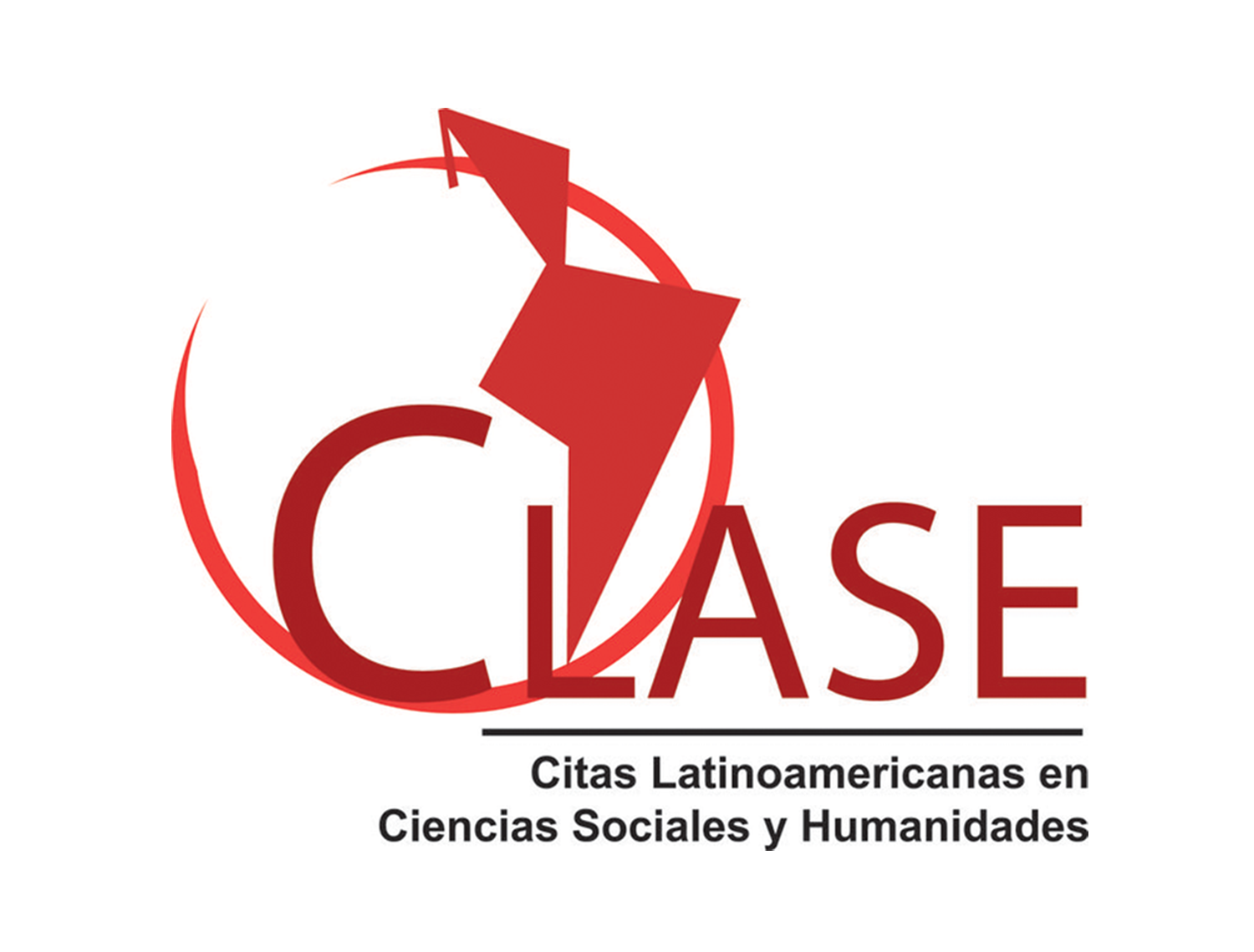Instagram: The search for happiness from the self-promotion of the image
DOI:
https://doi.org/10.22234/recu.20210901.e519Keywords:
Emotions, Stereotype, Social structure, Cultural hegemony, Social networks (online)Abstract
From a feminist and sociological approach to socioeconomic structures and emotions, as well as to new technologies, this work investigates the images published in Instagram as a strategy to capture the gaze, which can be capitalized on by followers and likes in young people between 20 and 35 years old. This qualitative research, carried out during the years 2019/2020 based on observations and semi-structured online and offline interviews, contributes to technological, cultural and affective reflections on the shaping of the gaze as a regulation mechanism in social networks. It reflects on the way in which what has been published responds to hegemonic aesthetics of beauty, class, consumption, and capacity, in a neoliberal context where individualism and liberal politicization of bodies prevails, as well as the uncertainty of the flexibility and lability of social rights that encourage self-demanding and individual responsibility for the trajectories that are built.
Downloads
References
Ahmed, S (2019) La promesa de la Felicidad. Una crítica Cultural al Imperativo de la Alegría. Argentina: Caja Negra.
Agung, N. & Darma, G. (2019) Opportunities and Challenges of Instagram Algorithm in Improving Competitive advantage. International Journal of Innovative Science and Research Technology, 4 (1), 743-747. Disponible en https://ijisrt.com/wp-content/uploads/2019/03/ijisrt19ja125.pdf
Andolini, A. (2016) Neoliberalismo Emocional: ¿Cuánto vales en el mercado del amor? Grazia.es. Disponible en https://www.grazia.es/lifestyle/neoliberalismo-emocional-obsolescencia-programada-amor/
Barba, J.C. (2018). Agencias de publicidad e influencers, ¿amigos o enemigos? Analizando la relación entre el contenido de campaña, Instagram e Influencers. Guayaquil: Universidad Casa Grande. Disponible en http://dspace.casagrande.edu.ec:8080/bitstream/ucasagrande/1494/1/tesis1687bara.pdf
Barriendos, J. (2011) La Colonialidad del Ver. Hacia un nuevo diálogo visual Interepistémico. Revista Nómadas, (35), 13-29. Disponible en: https://www.redalyc.org/pdf/1051/105122653002.pdf
Berger, J. (2016) Modos de Ver. Argentina: Editorial Gustavo Gili
Boltanski, L.y Chiapello, E. (2002) El Nuevo Espíritu del Capitalismo. Madrid: Akal
Bourdieu, P. (1988) La Distinción. Criterios y bases sociales del gusto. Madrid: Taurus.
Byung-chul, H. (2012) La sociedad del cansancio. Barcelona: Herder.
Brito, A. (2019). Body Shaming: La crítica a la Belleza. (Trabajo fin de grado inédito). Sevilla: Universidad de Sevilla. Disponible en: https://idus.us.es/bitstream/handle/11441/90898/memoria%20reportaje.pdf?sequence=1&isallowed=y
Butler, J. (2002). Cuerpos que Importan. Buenos Aires: Paidós.
Carvajal-Muñoz, M.F. y Terreros-Briones, S (2019) Instagram: adolescentes mujeres y estereotipos de belleza. estudio de caso: unidad educativa bilingüe “la inmaculada” revista estrategas, Investigación en Comunicación (6). Disponible en: http://marketing.udla.edu.ec/ojs/index.php/estrategas/article/view/177/ 0
Castells, M. (2009). Comunicación y Poder. Madrid: Alianza Editorial.
Ceroni, S. (2010) Cuerpos Plurales. Antropología de y desde los cuerpos. Buenos Aires: Editorial Biblos.
Comscore y Shareablee (2019) “Estrategias de Branded Content e Influencers”. Disponible en: https://www.dossiernet.com.ar/articulo/comscore-80-de-los-latinoamericanos-accede-a-redes-sociales/21090
De la Morena, P. (2019) Cánones de belleza de la mujer occidental desde una perspectiva de género. Universidad de Jaén. Recuperado de: http://tauja.ujaen.es/bitstream/10953.1/10469/1/de_la_morena_lpez_de_la_nieta_patricia_tfg_educacin_social_2.pdf
Díaz, R. (2012) Discapacidad y mirada colonial. reflexiones desde perspectivas feministas y descoloniales. En: Debates y perspectivas en torno a la discapacidad en América Latina. Paraná: Universidad Nacional de Entre Ríos.
Fisher, M. (2016) Realismo Capitalista ¿No hay alternativa? Argentina: Caja Negra.
Lordon, F. (2018) La Sociedad de los Afectos. Por un estructuralismo de las pasiones. Argentina: Adriana Hidalgo Editora.
Manovich, L. (2017). Instagram and contemporary image. California Institute for telecommunication and information & The graduate Center. City University of New York: Cultural Analytics.
Mejía, J. (2017). Mercadotecnia Digital: Una descripción de las herramientas que apoyan a la planeación estratégica de toda innovación de campaña web. México: Editorial Patria.
Morocho, F. (2019) Instagram: uso y motivaciones de los jóvenes. España: Universidad Complutense de Madrid. Disponible en https://eprints.ucm.es/57495/1/intagram%20uso%20y%20motivaciones%20de%20los%20jo%cc%81venes%20.pdf
Noriega, V. (2019) El ser fitness. Aproximaciones al cuerpo y a la configuración de subjetividades en la red social online Instagram. Bogotá: Universidad Externado de Colombia. Disponible en https://bdigital.uexternado.edu.co/handle/001/1755
Romero, M. (2019). Belleza fuera del molde. Proyecto pictórico a partir de otros cuerpos y otros cánones. Universitat Politècnica de València. Disponible en http://hdl.handle.net/10251/130323
Sinca (2017). Encuesta Nacional de Consumos Culturales. Sistema de información cultural de la Argentina. Argentina: Secretaría de Cultura de la Nación, República Argentina. Recuperado de https://www.sinca.gob.ar/encuestas.aspx
Spinoza, B. (2007) Ética demostrada según el orden geométrico. España: Editorial Tecnos.
Van Dijck, J. (2016). La cultura de la conectividad: Una historia crítica de las redes sociales. Buenos Aires: Siglo Veintiuno.
We are social y Hootsuite (2020) Digital in 2020. Global Digital Overview. Disponible en: https://wearesocial.com/digital-2020
Zuckerman, M. (2019) “Instagram: estadísticas globales y clave del 2019” Entrada de blog 24 de septiembre de 2019. Disponible en: https://blog.digimind.com/es/tendencias/instagram-estadísticas-globales-clave-del-2019
Published
How to Cite
Issue
Section
License
Copyright (c) 2021 Gabriela Bard Wigdor, Mariana Loreta Magallanes Udovicich

This work is licensed under a Creative Commons Attribution 4.0 International License.
Culturales journal allows you to share, copy and redistribute the material in any medium or format; adapt, remix, transform, and build upon the material for any purpose, including commercially, by properly crediting the work and providing a link to the license indicating whether changes have been made.
Culturales journal is licensed under the Creative Commons Attribution 4.0 International License (CC BY 4.0)























